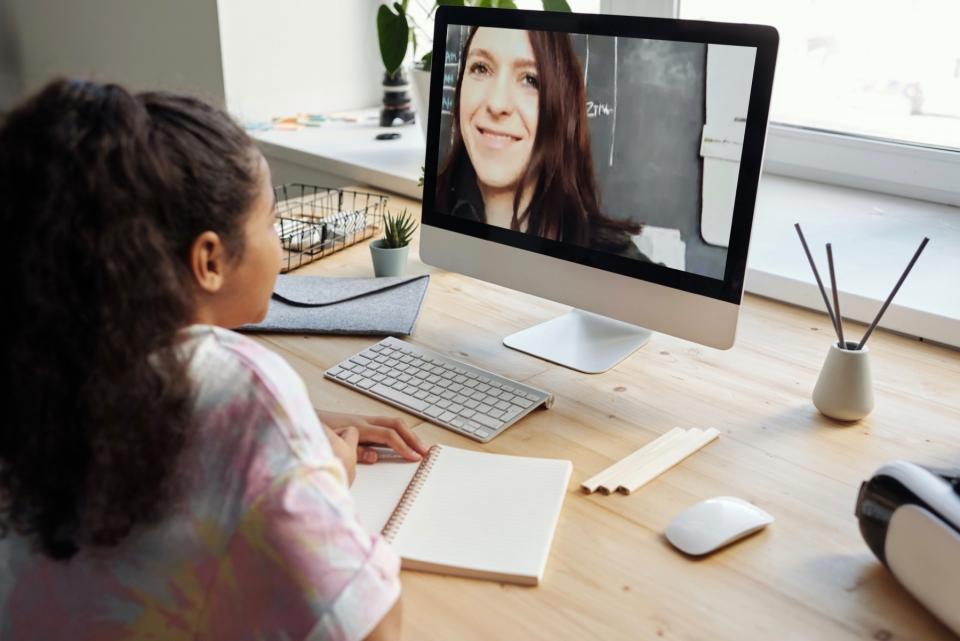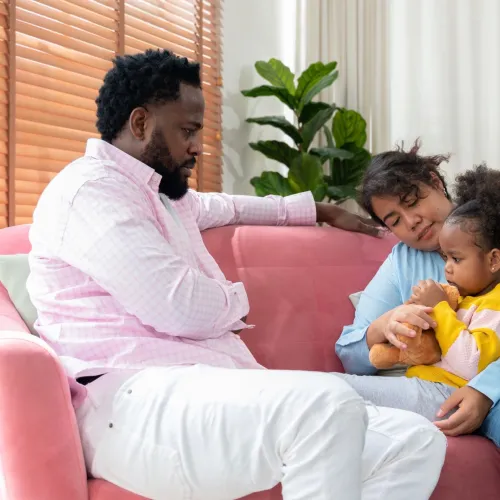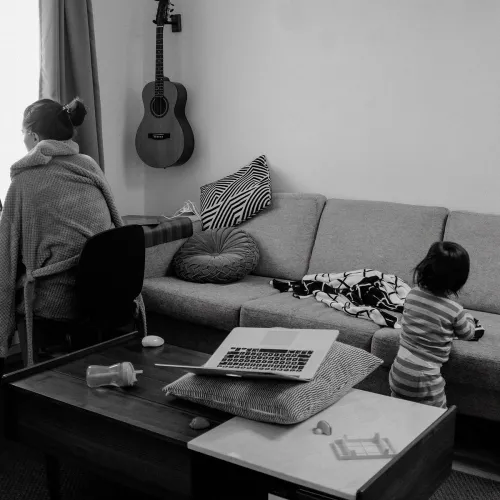Dear Marsha: Co-Parenting Schedules & eLearning
In our Dear Marsha blog series, Dr. Marsha Kline Pruett answers questions submitted by parents like you on all matters related to shared parenting.

School for kids all over the country has transitioned into eLearning, where they attend their daily classes online. During normal school circumstances, my co-parent and I follow a pick-up/drop-off schedule at our child school. Now with eLearning taking place at home, my co-parent believes we should revert to our summer schedule where exchanges take place at other designated meeting places.
How should we as co-parents manage our parenting time exchange schedule if there isn’t a need to make these exchanges at school or the bus stop?
Parents had a sigh of relief and some dismay as many schools decided to stay closed for the rest of the school year. Clearly, this is a situation that evokes many kinds of feelings. We will leave that for a question directed to me or for another day of blogging.
For now, I look at the question about how to manage exchange schedules without school to intervene as a neutral aspect.
There are two ways to think about this:
- When you can continue safely to have your child move between houses regularly, you will want to create a new neutral spot. There is always the Dunkin Donuts parking lot. Or have one of you drive to the other's house and park at the street, and let your child go out to the car by him/herself if old enough.
If you have a young child, meet in a place where you minimize the chances of getting into an argument because other people are around. A gas station may provide a convenient alternative. Or a grocery store parking lot.
Wear your masks, which help minimize conversation and agree to keep six-feet apart per safety regulations. This provides a clear mandate not to spend too much time or have unnecessary conversation. If you need to share information, write it down ahead of time and have it ready to hand off, rather than make a verbal report.
- Consider doing fewer transitions and having contact further apart. One parent may agree to see less of a child if you put in writing that once life returns to semi-normal, you will make up the time. Be specific in your offering to gain cooperation.
For example, you may agree that once it is safe, you will offer four weekends in a row instead of every other weekend, and/or you will add two weeks vacation the following year.
Think carefully about whether your child is truly safer seeing less of the other parent, or whether you are using a convenient opportunity to minimize their contact. This is a time when we all need to be pulling together to help each family stay physically and economically healthy, and that may take more cooperation than we have made in the past.
Take Marsha's Survey on Co-Parenting
Assist Dr. Marsha Kline Pruett with her research on what shared parenting is like across different families by taking this survey. All submissions are entirely anonymous.







